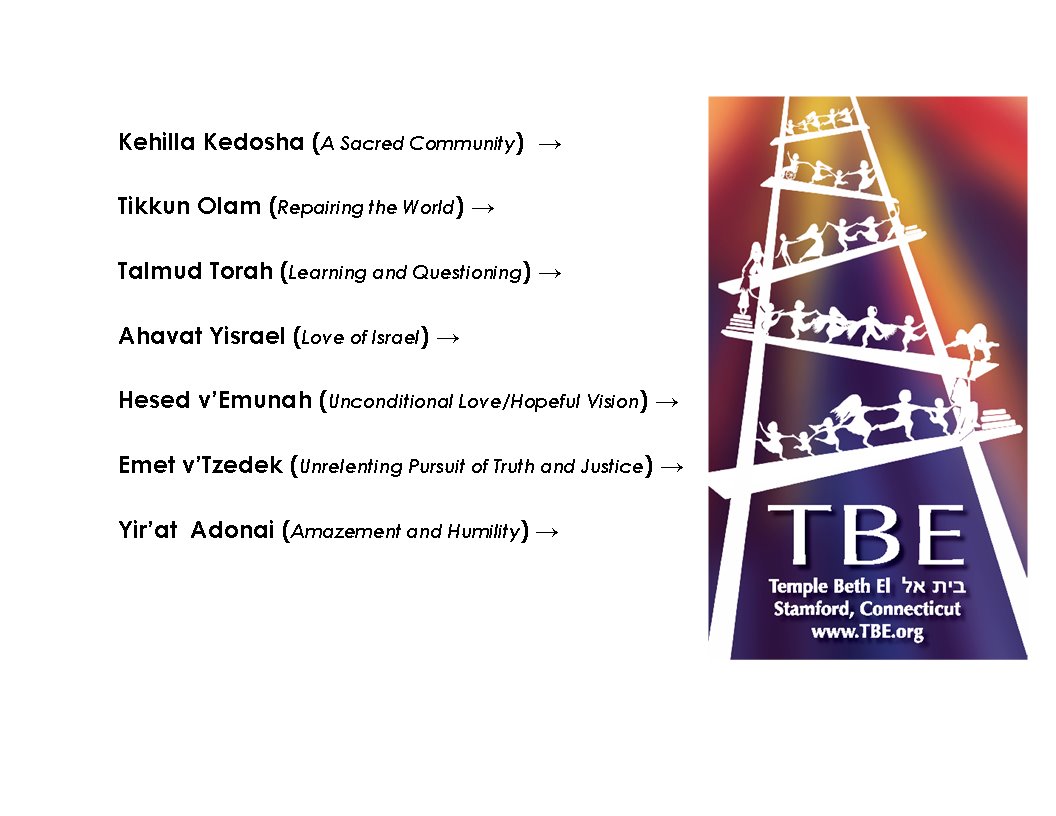Whose Side is God On, Anyway?
During the fall, I had the honor of joining with clergy colleagues from Saint Francis Episcopal Church and St John’s Lutheran in a three-way dialogue on how our faith traditions interpret the Bible differently. The series was so popular that we are adding three more sessions this winter. Check page 7 in this Bulletin for details. The sessions will be on Zoom only.
Continuing on this biblical theme, we’ll explore how our different faiths look at the Adam and Eve story (Was it “The Fall” or simply a failure to communicate?); also, we’ll examine Psalm 22. When the Psalmist utters those fateful, heartfelt words, My God, my God, why have You forsaken me? is the “me” referring to the Jewish people in Exile, Jesus on the cross, or, as is most likely in its original context, just the author of that particular poem?
It’s fascinating to see how a few Hebrew words can be understood in such different ways, and how those meanings can change over time. And to complicate matters further, the Christian reading of the Bible comes not directly from the Hebrew, but primarily from the 3rd century BCE Greek translation known as the Septuagint, which introduced some ambiguities to the Hebrew original.
Here’s a great example. In one of our sessions, we discussed Isaiah 7:14: Assuredly, my Lord will give you a sign of His own accord! Look, the young woman is with child and about to give birth to a son. Let her name him Immanuel. (JPS translation)
The literal translation of the Hebrew word alma is “young woman,” but the Septuagint translated it as parthenos in the Greek, which can mean both “young woman” and “virgin.” Either translation is correct for parthenos, but the Hebrew word alma never meant virgin in the Hebrew Bible. Not once, and it occurs nine times. The mistranslation was likely not intentional, if in fact it was a mistranslation at all, when looking at it from the Greek perspective. Add to it a Hellenistic mythic culture where gods routinely had sex with mortals, which would make a virgin birth not so unthinkable.
So, was Christianity wrong to read the text in that way? Is the Hebrew more correct because it is the original? And what does virgin birth really mean, anyway? Was Joseph a virgin too? If God is the father, does that mean God’s not a virgin? And why is sex thought of in such a negative way, anyway, that the savior needed to be born so... immaculately? As you can imagine, questions like these led to some incredible – and very open and honest - conversations.
At the core of this enormous interpretive gap between classical Judaism and Christianity, there’s a huge difference between an 8th century BCE prophet spinning a parable about a young woman is about to give birth, something routine and unspectacular and designed to make a point about a contemporary political situation; and saying that a virgin will give birth – in seven hundred years.
While I went into the session absolutely convinced that Isaiah was spinning a parable about a pregnant (and clearly non-virginal) young lass in his day, with absolutely no allusion to anything that would be happening in Nazareth and Bethlehem many centuries later, I came out of it with a new appreciation for how religious ideas evolve. The meaning and significance of this verse has changed so much over the centuries, for Christians and for Jews. For Christians, the Gospels hardly dwell on the topic of virgin birth and the passage from Isaiah.
Think of how Moses’ birth narrative is barely touched upon in Exodus. Yes, it’s a miracle how he survived Pharaoh’s henchmen and the torrents of the Nile, but that’s all taken care of in a couple of verses on Exodus. Similarly, the Jesus birth narratives just weren’t that relevant to Christian faith, which was much more centered on his adult ministry and crucifixion. But it sure came to be relevant to Christians over the ensuing centuries, just as Christmas rose to its supreme status in their religious festival cycle (though most of my Christian clergy friends tell me that Easter is still much more important).
In part because of that, Isaiah 7:14 also became a focal point for Jews. As an example, Immanuel, which means God is with us, became the name that launched a thousand synagogues (okay, maybe 20, according to this list - https:// en.wikipedia.org/wiki/ List_of_synagogues_in_the_United_States), and a verse in the very next chapter of Isaiah (8:10), where the phrase Imanu-El occurs again, proclaims that our enemies will never defeat us. This verse inspired a popular Purim song. (See http://www.hebrewsongs.com/?song=utsueitsa). Interestingly, the term Immanuel is found nowhere else in the Hebrew Bible, other than those two chapters. For Isaiah, Immanuel was just a name.
So, whose side is God on, anyway? Pick your translation of a single word, alma, and you can spin diametrically opposing views of history. That’s what makes religion so interesting – and so dangerous.
And it’s what makes religious dialogue so important.
We have long placed a great emphasis on multiculturalism, inclusiveness and dialogue here. Over Martin Luther King weekend in January, I’ll be involved in our city’s celebration downtown, and we’ll also be featuring a gospel-style Shabbat service. We are responding to the increasing mistrust all around us in the only way that we can – by opening our arms and reaching out to our neighbors.
The Talmud quotes God as stating, “Both the Gentiles and Israelites are my handiwork, therefore, how can I let the former perish on account of the latter?” (Sanhedrin 98b).
We need to be doing intense dialogue because it is our job, as Jews, to heal this world. We won’t always agree with our neighbors, but have much to learn from them, and they from us. The world is divided into two right now, those who talk and those who shoot. When others threaten us, we need to defend ourselves. But otherwise, we need to cultivate dialogue and understanding.
We are all hoping for a 2023 that will feature more talking and less shooting. Happy secular New Year.
Rabbi Joshua Hammerman























